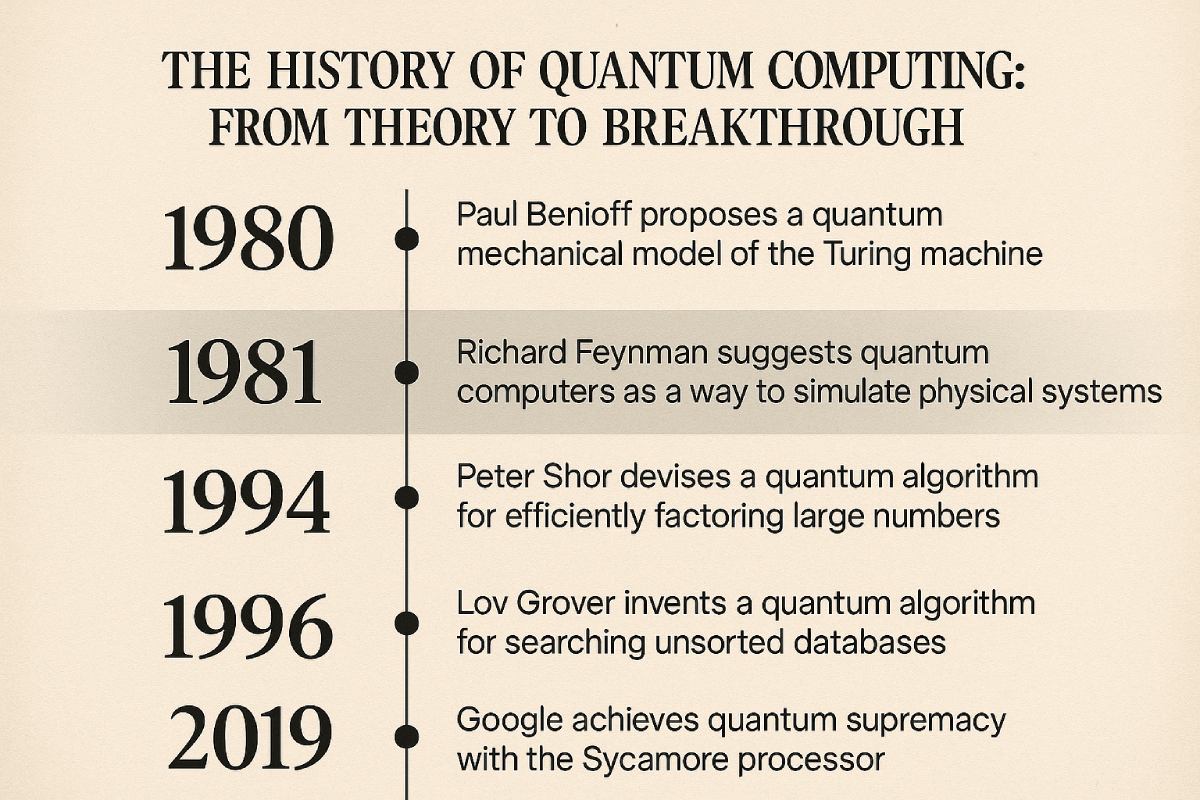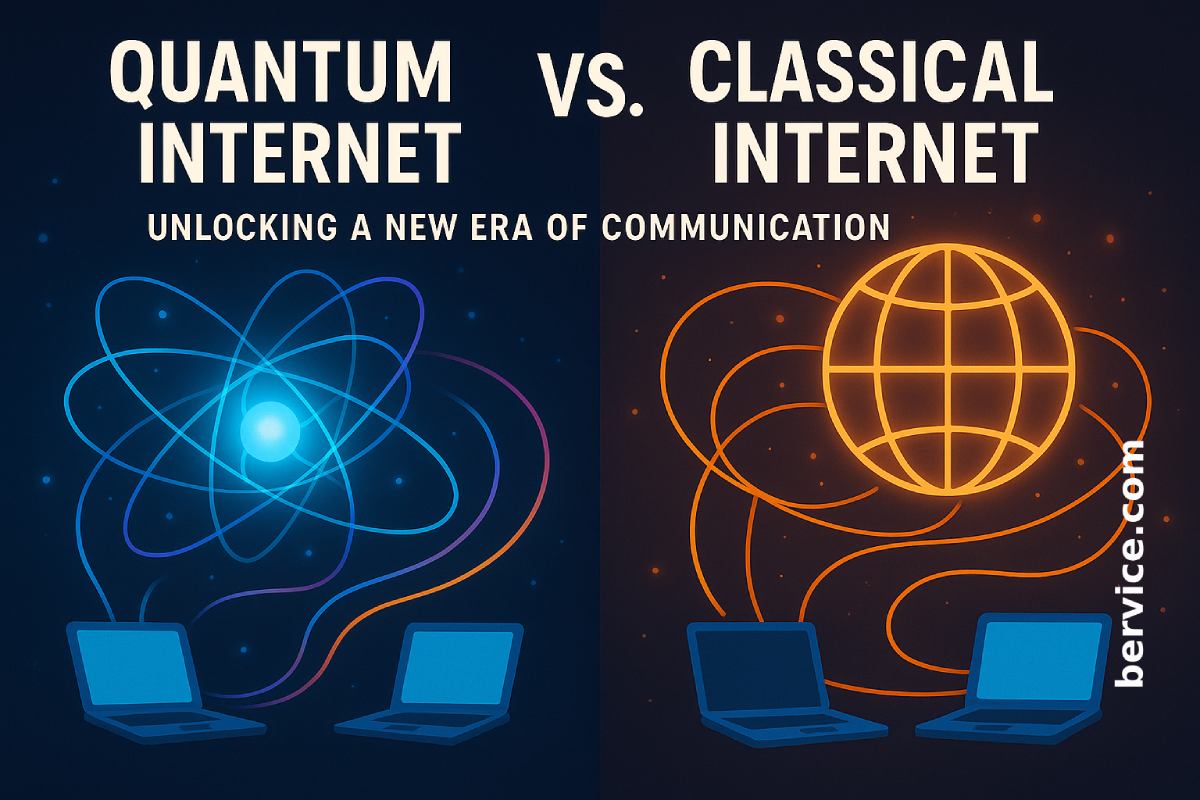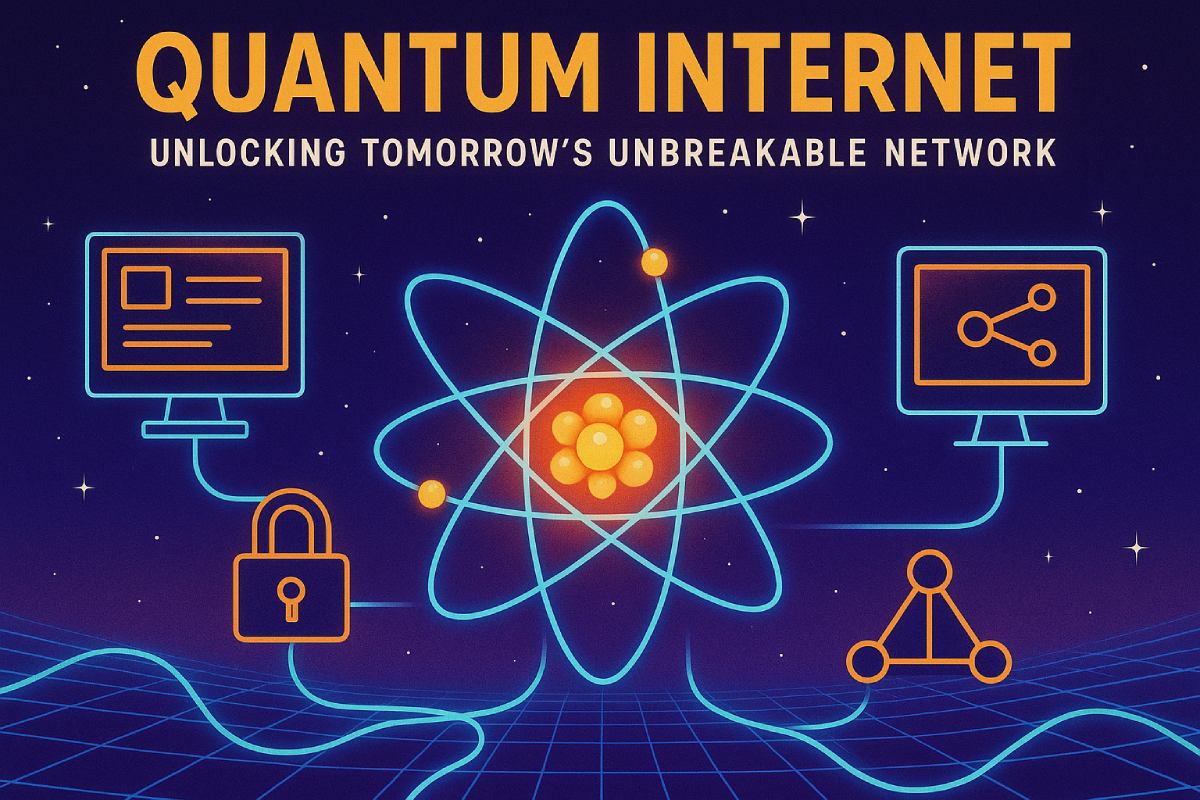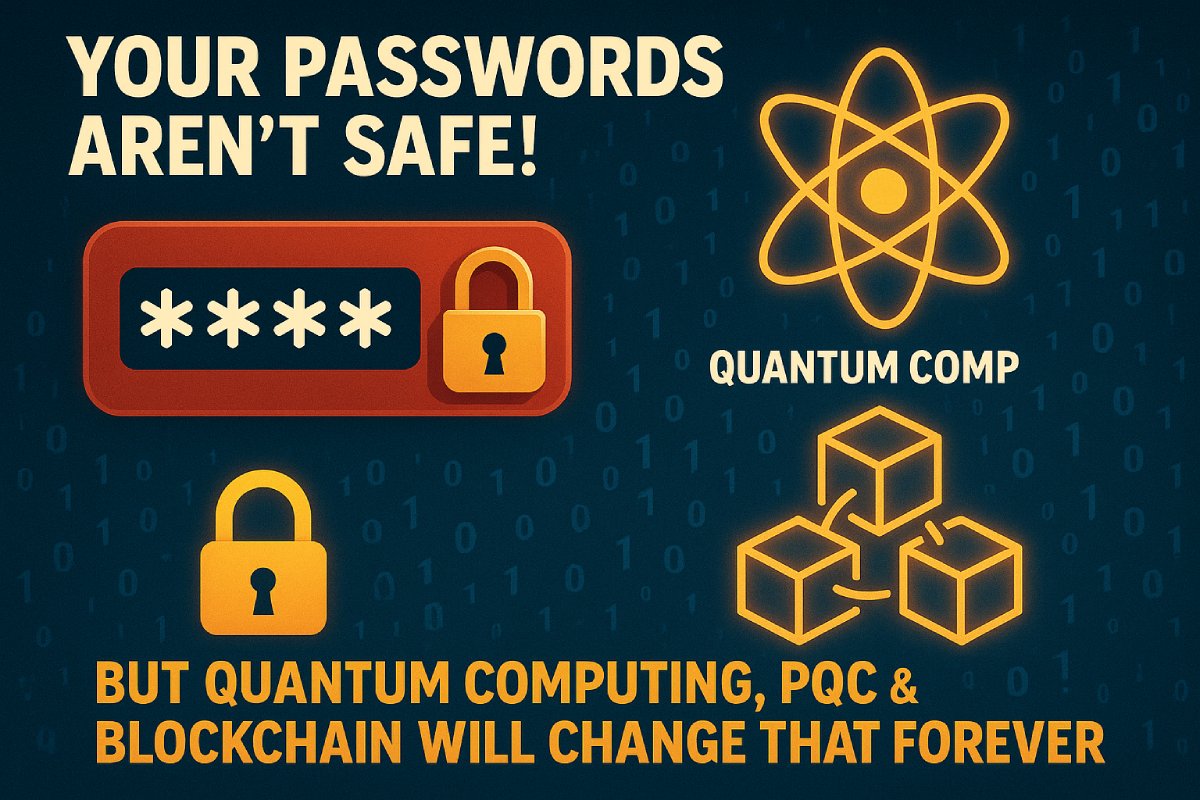
In the next wave of digital evolution, the quantum internet stands as a revolutionary concept that promises to redefine how we communicate, compute, and secure information. Unlike the classical internet, which relies on the transfer of bits (0s and 1s), the quantum internet will utilize quantum bits (qubits) and the strange but powerful laws of quantum mechanics, including entanglement and superposition, to transmit data in entirely new ways.
What is the Quantum Internet?
At its core, the quantum internet is a network that uses quantum signals instead of classical electromagnetic waves to transmit data. The key difference lies in the nature of the data being transmitted: instead of bits, quantum networks use qubits—quantum states that can exist as 0 and 1 simultaneously thanks to superposition. Furthermore, qubits can be entangled, meaning that changes to one qubit instantaneously affect its entangled partner, regardless of the distance between them.
This phenomenon enables ultra-secure communication protocols such as Quantum Key Distribution (QKD), which makes eavesdropping physically impossible without detection. With QKD, even the most powerful supercomputers of today—or future quantum computers—cannot break into communications encrypted through quantum networks.
The Impacts on Security, Computing, and Communication
The quantum internet will have profound implications for cybersecurity. In a world increasingly threatened by data breaches, ransomware, and surveillance, quantum-secured networks offer the promise of unbreakable encryption. Governments and enterprises are already investing heavily in this technology to future-proof their data against quantum-enabled attacks.
Moreover, the quantum internet will allow for distributed quantum computing, where distant quantum devices can work together through entanglement. This paves the way for cloud-based quantum computation, enabling researchers and companies to solve complex problems in materials science, cryptography, and artificial intelligence that are beyond the scope of classical computers.
Communication itself will also evolve. Quantum teleportation—transferring quantum states from one location to another—has already been demonstrated in labs. A global quantum network could lead to instantaneous, secure communication across continents, with zero risk of interception.
Challenges and Global Progress
Despite its immense promise, building the quantum internet poses significant scientific and engineering challenges. Quantum signals are fragile and can degrade over distances. Technologies like quantum repeaters and quantum memory are still under development to enable scalable, long-distance quantum networks.
However, progress is accelerating. Countries like China, the United States, and members of the European Union are racing to build the first functioning quantum networks. China’s Micius satellite has already demonstrated quantum communication over thousands of kilometers, and several national testbeds are active in Europe and North America. Meanwhile, tech giants such as IBM, Google, Amazon, and Intel are investing in the development of quantum networking hardware and protocols.
The Future is Quantum
Just as the classical internet revolutionized global society, the quantum internet is poised to do the same—only on a much deeper, foundational level. From hack-proof digital infrastructure to global quantum collaboration, the possibilities are as exciting as they are transformative.
While we are still in the early stages, one thing is clear: the quantum internet is not science fiction—it is science fact, and it is coming sooner than most people realize. The nations and companies that lead in its deployment may well shape the digital world of the 21st century.
Connect with us : https://linktr.ee/bervice





